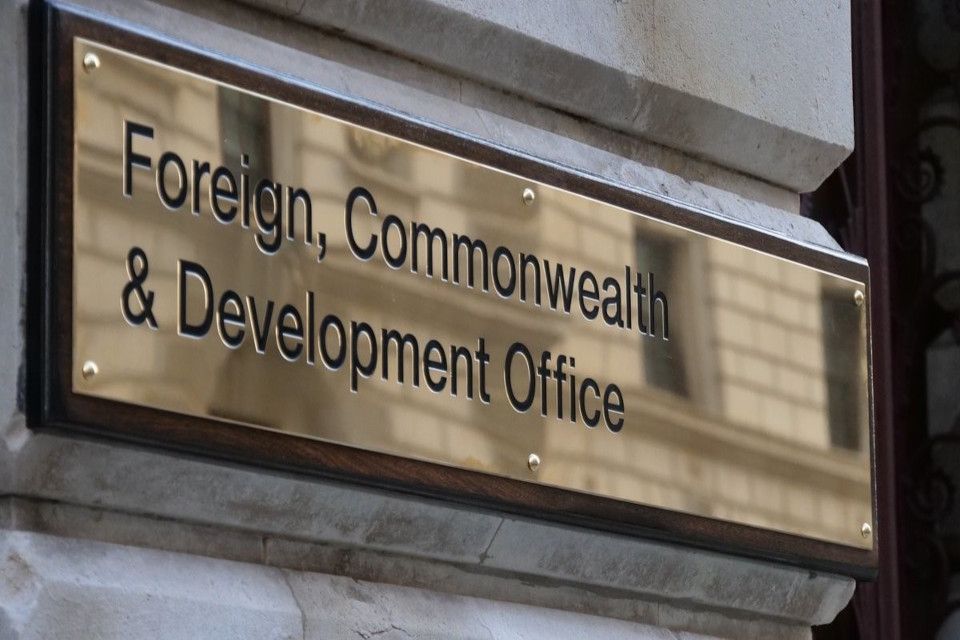The UK Government has responded to the groundbreaking report ‘Racism in the aid sector‘, launched by the International Development Committee in June 2022.
The response opens with the following:
“The Government is grateful to the International Development Committee for its inquiry into the philosophy and culture of aid and its report on racism in the aid sector.
We take this important and complex matter seriously. It is a longstanding issue, which the FCDO has for some time been working to address, both internally and externally with our partners and stakeholders. Internally, we have been working on a range of areas, including improving the diversity of our UK-Based Staff and ensuring fair recruitment. Externally, we have focused on delivering development through partnerships with countries, which recognise their agency in driving progress. Comprehensive change and improvement will require the FCDO to work together with the aid sector.
As an organisation, to drive further progress we need to take a cross-cutting approach across policy, programme delivery, commercial, human resources and communications – with central teams working closely with our posts around the world to devise the best ways to embed an inclusive approach to development.
Striving to work more equitably with our partners – both partner governments and other stakeholders such as civil society organisations – is key to addressing racism in the aid sector. The UK’s Strategy for International Development (IDS) recognises that lasting development occurs where people and governments can determine their future, adopt good policies and tackle the root causes of problems: “Those who benefit from our work must have a voice in what we do, and how we do it. The difficult reforms and good policies that drive progress must be locally owned.” The FCDO takes a patient (long-term) approach to working in partnership with countries, supporting them on the pathway to sustainable and equitable growth and to succeed as open, free nations. We also take an inclusive approach to international engagement regionally and globally, as well as championing efforts to ensure developing countries have more of a voice in multilateral fora. The UK is, for example, a supporter of efforts to increase the voice of low-income countries in Multilateral Development Banks.”
You can read their full response here.
Frances Guy, CEO of Scotland’s International Development Alliance says:
“The Alliance welcomes the fact that the FCDO has responded and shown some willingness to engage, including the commitment to work on their use of language (something the Alliance is currently actively engaged with and will continue to work on). We regret the failure to take the opportunity to acknowledge continued power imbalances in the sector and the failure to acknowledge the negative impact of funding cuts. It is hard to take seriously a commitment to long term partnerships and the value of exit strategies when partners that have received funding from the FCDO are facing continued uncertainty. There is still a long road to unravelling the impacts of persistent colonial attitudes with their underlying racist perspectives and the international development committee has taken an important step on that road through this report and through the provocation of an FCDO response.”

